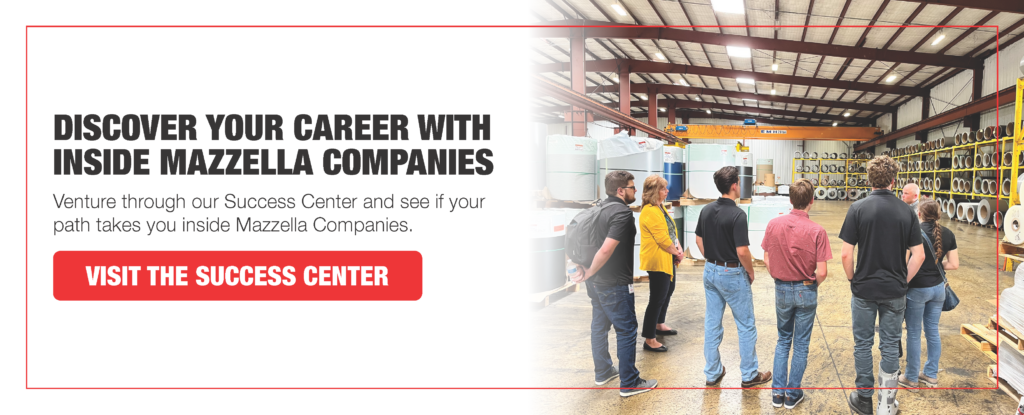What if you could discover and use your natural talents to achieve more joy and fulfillment in your job? What if you could understand your team members better and leverage their strengths to collaborate more effectively? What if you could create a culture of appreciation and empowerment in your organization? These are some of the questions that the Working Genius assessment aims to answer.
In this article, we’ll explore the concept and benefits of the Working Genius assessment based on the insights and experiences of our certified practitioner, Candice Gouge, Director of Lifelong Learning. They will share how they use the assessment to help themselves and others find their areas of genius, overcome their frustrations, and work together towards a common goal.
What is the Working Genius Assessment?
The Working Genius assessment takes about 10 minutes to complete and provides a custom and detailed report with insights into your top two areas of Working Genius, Working Competency, and Working Frustration. The Working Genius assessment identifies six types of Working Geniuses required for work of any kind. It helps team members better understand their strengths and tap into the people around them without frustration or confusion.
Candice clarified that while it may seem like just another personality test, “It’s really an assessment of what work brings you joy and fulfillment, and, on the other end of the spectrum, what work drains you.”
She says that the assessment aims to discover what areas of work excite people in a way everyone can understand. “We’re looking for how to mentor and guide Working Geniuses and help team members be very efficient, successful, and engaged.”
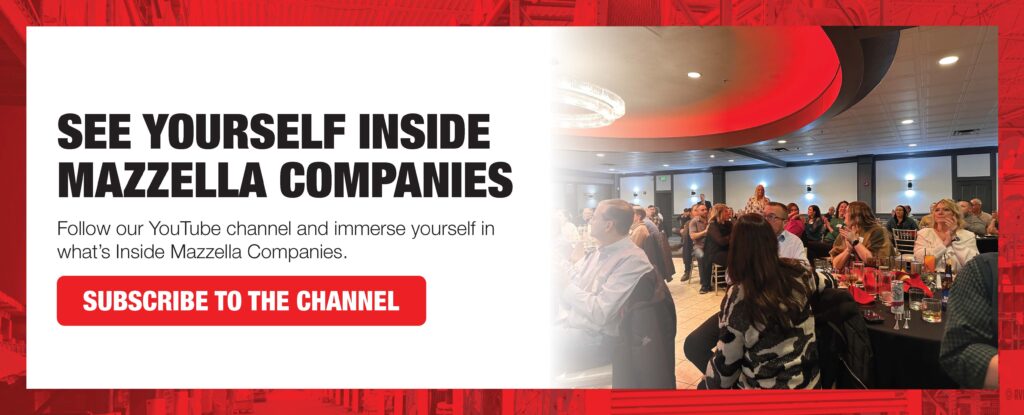
The Six Working Genius Are:
Wonder
You have a natural gift for pondering the possibility of greater potential and opportunity in any given situation.
Invention
You have a natural gift for creating original and novel ideas and solutions.
Discernment
You have a natural gift for intuitively and instinctively evaluating ideas and situations.
Galvanizing
You have a natural gift for rallying, inspiring, and organizing others to take action.
Enablement
You have a natural gift for providing encouragement and assistance for an idea or project.
Tenacity
You have a natural gift for pushing projects or tasks to completion to achieve results.
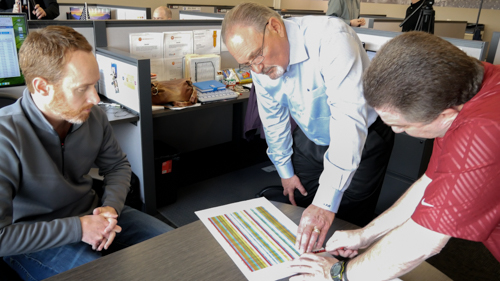
How Can the Working Genius Assessment Improve Team Performance?
Candice says, “It’s about the whole team knowing each other’s Working Geniuses, Frustrations, and even their Competencies in the middle. When you understand each other, you can tap into one another in different ways. Say you’re working on something that requires a lot of options. You may tap into someone with the Working Genius of Invention to brainstorm and generate ideas. It’s about knowing yourself, what you’re good at, what you’re not good at, and understanding everyone else on your team so you can work together with them.”
Candice shared how she likes to compare getting her Working Genius results to getting a gym membership card. “If you don’t go to the gym, you won’t develop. Any assessment is the same. You need to spend additional time reading about it, learning about it, maybe even journaling and noticing when things come up, noting when you’re getting frustrated and feeling fulfilled.”
Candice also recommended seeking out the podcast associated with the book The 6 Types of Working Genius. “It’s not just Patrick. He has a group of people there from within his organization, and they all have different Working Geniuses, so they all talk about how they show up – hearing how they apply it to real-life and work situations. Highly recommend.”
One episode Candice especially liked centered on The Altitude of Geniuses. The way the geniuses are laid out from Wonder down to Tenacity if you imagine the altitude of an airplane.
Candice elaborated on The Altitude of Geniuses, saying, “So, the airplane is flying at 30,000 feet. You’ve got Wonder up at 30,000 feet, asking the big questions and Tenacity at the bottom, landing the plane. In the middle, Invention gives five different ways to do something, Discernment will decide what ideas may work and what should be set aside, Galvanizers will sweep in and get everyone ready to get the job done, Enablement will ask how they can help, and Tenacity is getting it implemented.”
Candice recommended that any organization just getting started on utilizing the Working Genius assessment or experiencing an influx of new team members should look into scheduling a group session with someone certified in Working Genius.
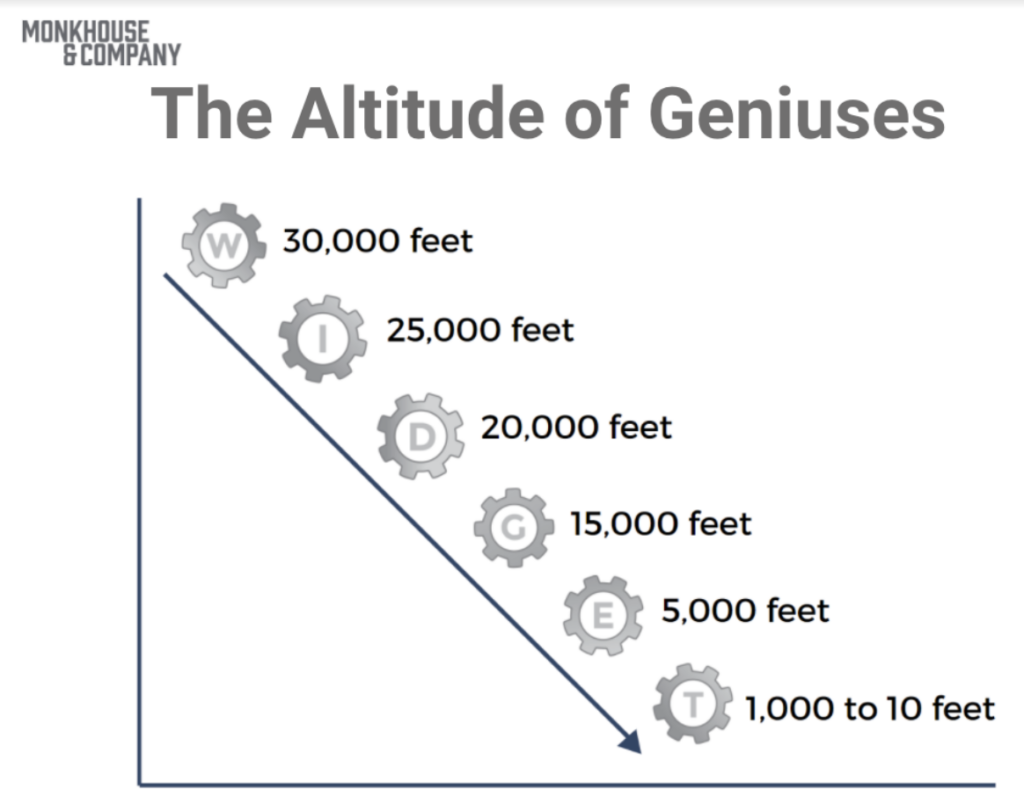
What is a Working Genius Session Like?
Candice says that not every Working Genius session needs to be about the team sharing, “You can have an individual session, which is just a coaching session. Or, if you want to have a team session, you can bring awareness to the whole team’s Geniuses. We create a team map so you can see everyone’s Genius and Frustration, what brings people joy, and what drains them.”
She said that the intent of having a group session with team members who have taken the assessment is about getting everyone in the group to talk, creating a “discovery of ideas” where individuality comes out, and the group has an opportunity to react.
She says about these sessions, “I don’t think there’s ever been one session we’ve gone through so far where the team has walked away without ‘a-ha’ moments.
Everyone talks a lot about guilt and judgment, how that affects us, and how we project that to others. The Working Genius tool creates that awareness and helps them not focus on weaknesses anymore – you focus on strengths. It excites everyone and helps everyone cater to one another.”
She shared how much leadership affects team dynamics, saying that the leader in any group has two times the impact of anyone else, which is why it’s always touched on in group sessions. “What I mean by that is if your leader has the Genius of Invention, whenever you’re in a group setting, people will end up leaning into the Genius of Invention, even if it’s not their Working Genius. They may yank the whole team back from landing the plane by throwing out more ideas than are needed. Because of that, the leader needs to be very aware of their Working Genius. It’s about team dynamics and how the work will flow.”
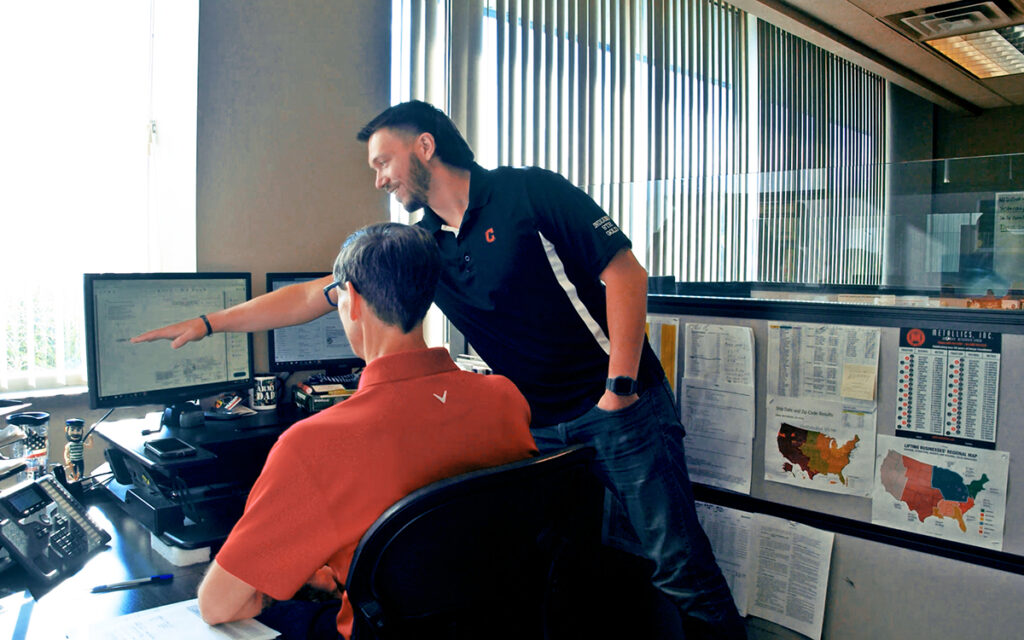
How Can Team Members Ease Working Frustrations?
Candice says, “The bad news is your Working Frustrations are your Working Frustrations, and you can’t change them. The good news is that when something frustrates you, you can tap into your team.”
She went on to say, “All six of the Working Geniuses are needed in every job. Your title or job duties don’t matter – every job requires all six geniuses. Everyone has all of them, but it’s the level at which you enjoy them.”
Candice says that focusing on your strengths instead of your weaknesses may help ease the challenges of your Working Frustrations. “It focuses on how you work, your productivity, and what you bring to the table. Most personality assessments don’t talk about joy, empathy, or fulfillment, and most people in any given organization don’t care about your joy or fulfillment – they care about the means of making money. We want to send a clear message that we want you to love what you’re doing.”
Advice to a New Hire Taking the Assessment?
Candice says, more than anything, it’s essential to be in the right frame of mind before taking it. “Sometimes, applying for a job can put you in a mindset of ‘how do I think they want me to be?’ Be authentic. And, if you get your results and they don’t feel right, talk to someone certified in Working Genius to help you. None of this is written in stone. This tool is used to understand how someone will fit into a team and what everyone working together looks like. It’s not supposed to be a barrier to employment.”
She reiterated that it’s a team-building tool, not a pass-or-fail scenario. “It gives visibility into the candidate that we wouldn’t otherwise have. We don’t disqualify candidates based on their Working Genius, but we can look at their working style and how that will fill the role and any gaps in the team.”
She said she is consistently asked about Competencies as a Certified Instructor in Working Genius. “Someone may not understand why what was listed as a Competency wasn’t their Genius and how they feel they’re very good at those competencies listed. The big message is that while you may be good at every genius on the list, it’s not about skill but joy and fulfillment. At a previous organization, you may have been asked to do something because you’re good at it, and we call that a Competency Trap, so you may have found that role draining. We want you to be doing things that energize you and bring you joy and fulfillment.”

Conclusion
The Working Genius assessment could help you and your team find and use your natural talents at work. By knowing your Geniuses, Frustrations, and Competencies, you can improve your work quality, happiness, and impact. By learning your team’s working styles, you can enhance your communication, collaboration, and support. By building a culture of appreciation and empowerment, you can create a positive and productive work environment.
